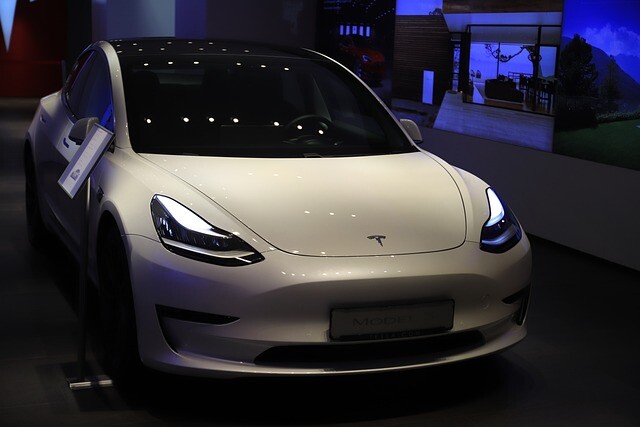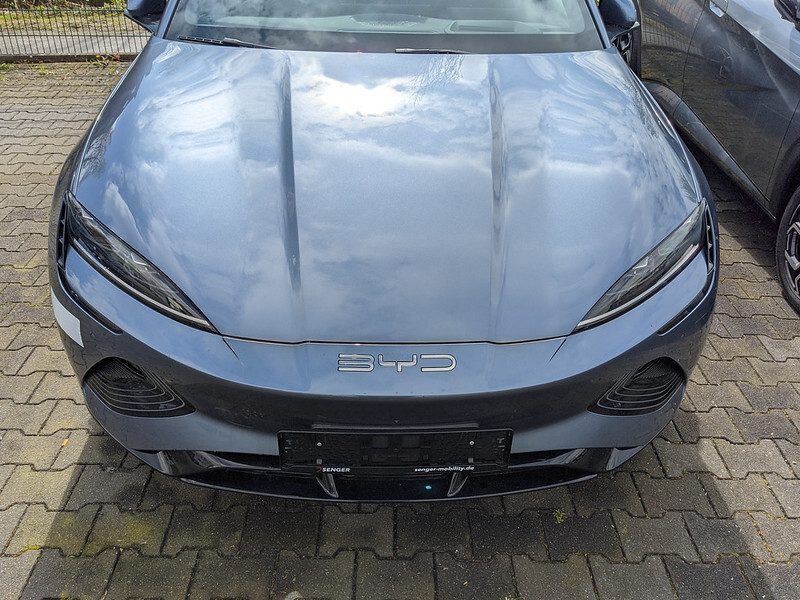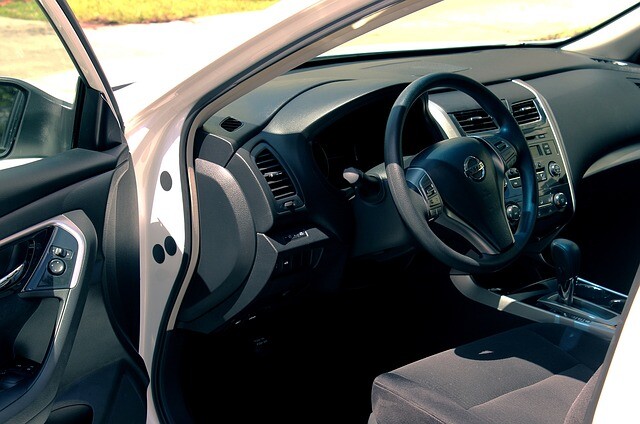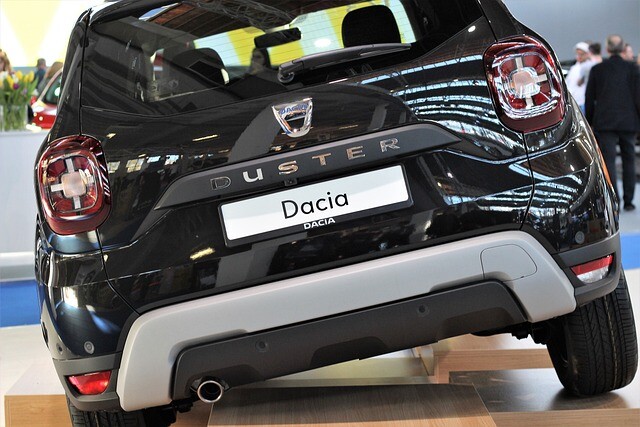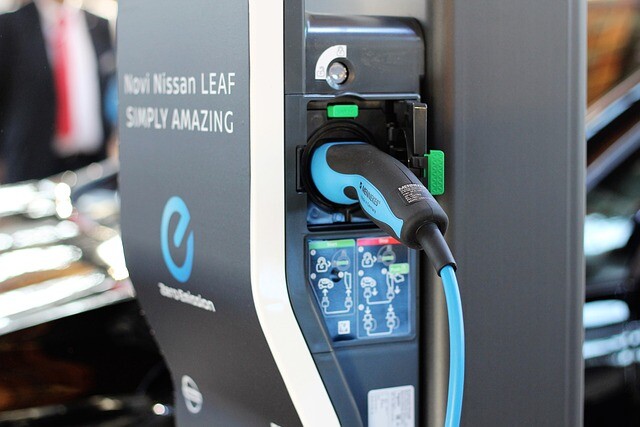This is how the Hungarians lead
Overall, nearly 70 percent of drivers admitted that they used to go faster than permitted.

According to HCSO data, 31 percent of accidents are caused by speeding. The question is, of course, who, and when, under what circumstances, what is the factor driving motorists to speed up, what external circumstances or internal motivation causes the violation. K&H has carried out a research, one of the elements of which was to investigate the proportion of motorists adhering to traffic rules, including speed limits, writes kreszvaltozas.hu about the survey .
According to the survey, 79% of the respondents said that the Hungarian motorists did not adhere to the speed limits and the requirements for driving in the car, according to 84%. 67 percent of the participants in the research admitted that they did not always keep up with the speed limit, 12 percent said that it was often the case.
57 percent of the respondents adhere to the 50km / h speed limit within their own residential area. However, only 47 percent of those with higher incomes are true. 40% of motorists travel in residential areas at 51-60 km / h, and 3% go faster than 60 km / h.
Outside the built-up area, if the speed limit is 90 km / h, 49 per cent of the motorists interviewed hold it, 7 per cent more than 100 km / h. Turns the cube slightly toward the highways. Many people, 38 percent of motorists go at 120km / h, or even slower, so they don't use the 130km / h speed limit for motorways.
According to the K&H survey, women are more cautious: 48 per cent are significantly slower than permitted, while in the case of men this is only 30 per cent. However, 5% of drivers go on motorways faster than 140 km / h. According to the research, 18% of motorists used some kind of tool to predict speed measurements, most notably a smartphone application. Typically, men prefer these methods, with 23 percent of smartphone users already using it, and only 11 percent of women.
The authors of the survey also wondered what the opinion of the survey participants was about the average speed measurement that was effectively applied in other countries against speeding. From this point of view, the opinion of motorists is shared: 56 per cent of them consider it a good idea, but 44 per cent think it better if they are not introduced in Hungary.
(Source: hvg.hu / photo: pixabay.com)

